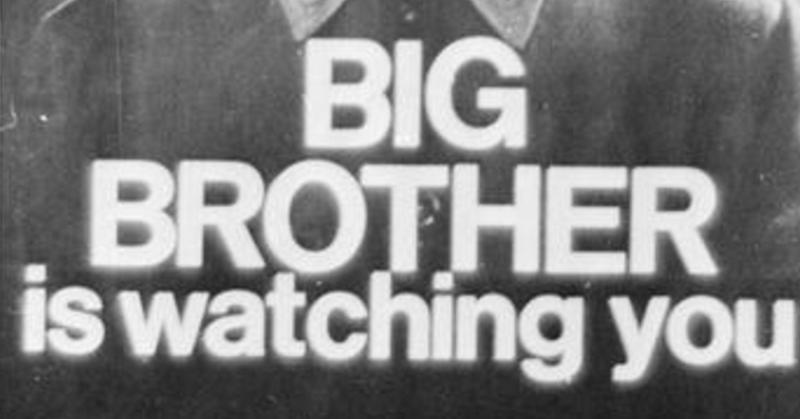George Orwell: His Life And Cultural Influence
By | June 19, 2021

Although Eric Blair was born June 15, 1903 in Bihar, British India to middle-class European parents as a cog in the British Imperialist machine, he eventually became the politically subversive, socially critical essayist and author known as George Orwell. Why Orwell? Apparently, wanting to spare his family the consequences of association with such an outspoken author, he decided the name of Suffolk's River Orwell was beautiful enough to use as a nom de plume.
Orwell showed an interest in writing early on, composing his first poem at age four and standing out in his boarding school classes for his intellect. Despite his academic prowess, however, he couldn't afford to go to university, so he returned to India to work in the Imperial Police. It was around this time that he wrote his famous essay "Shooting An Elephant," which describes shooting a rambunctious elephant as an officer in Burma despite feeling deep empathy for the creature. The experience left Orwell with unique insight into his own limited control, though he had more power than the Burmese people. "When the white man turns tyrant, it is his own freedom that he destroys," he remarked.

When Orwell returned to England, he found some success as a literary critic and producer at the B.B.C. but left the broadcasting company following the outbreak of World War II to work as an editor for newspapers that promoted democratic socialism and focused on writing his own novels. In 1943, he wrote Animal Farm, a thinly veiled satire of Stalin's rule over the Soviet Union that recasts the major players as pigs who famously insisted that "All animals are equal, but some animals are more equal than others." Around this time, he and his wife adopted their only child, a son named Richard, but the happy family broke apart when his wife unexpectedly died during surgery in 1945.

In 1949, Orwell published his greatest work, Nineteen Eighty-Four, which explores a futuristic dystopia where government surveillance is everywhere, free speech is criminalized, and totalitarianism reigns supreme. It's arguably the most important dystopian novel of the 20th century, to the point that many of its neologisms, from "thought police" to "doublethink" to, of course, "Big Brother," are spoken by people who haven't even read it.
The book has sold over 30 million copies and repeatedly hit the bestseller list decades after its publication, most recently in 2017, the same year the B.B.C. unveiled an eight-foot bronze statue of the literary legend in London with an inscription of his famous quote, "If liberty means anything at all, it means the right to tell people what they do not want to hear." Sadly, Orwell himself could only bask in the glory of his critical and commercial success for a few months before his sudden death from tuberculosis in January 1950 at the age of 46.

